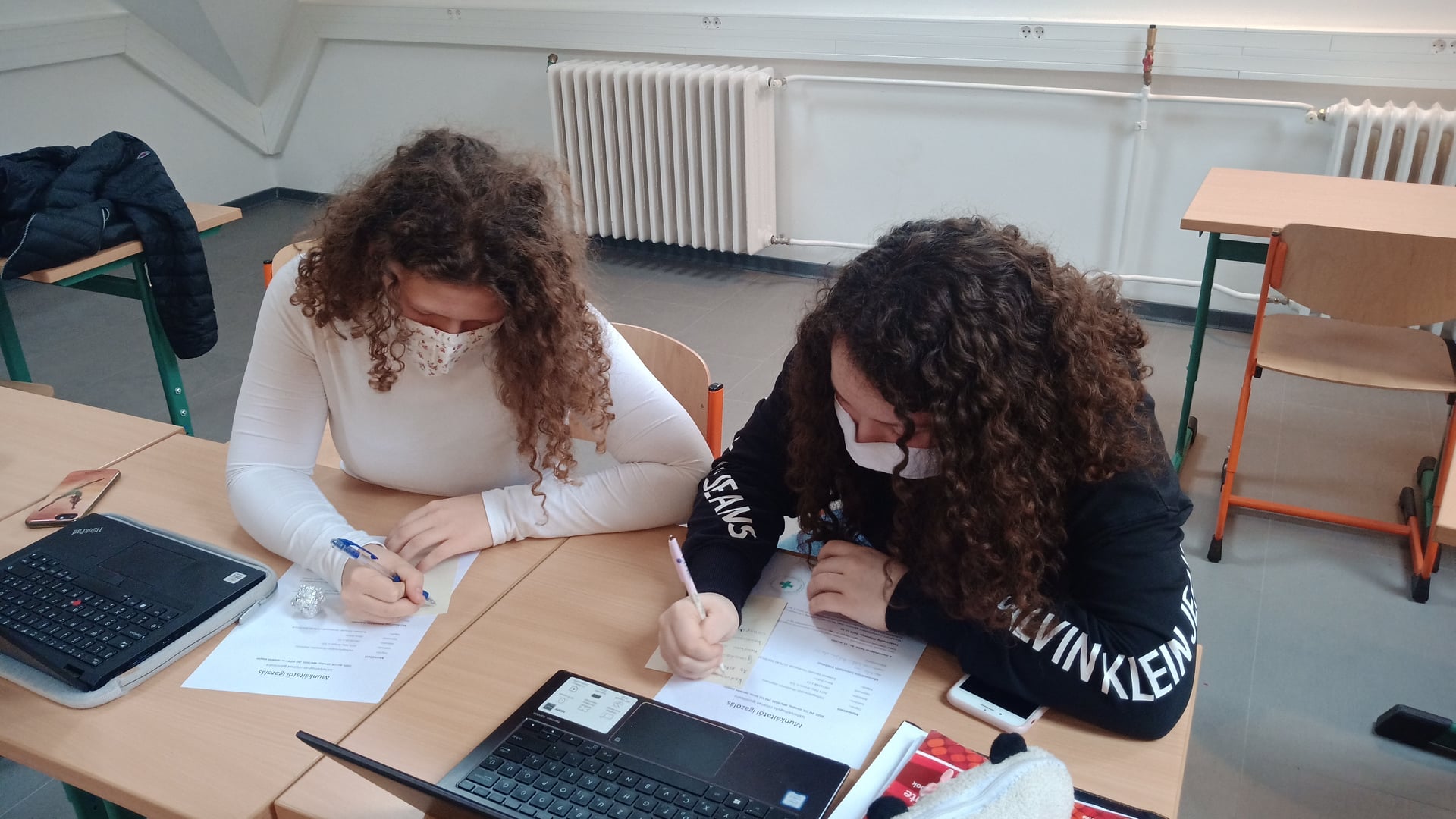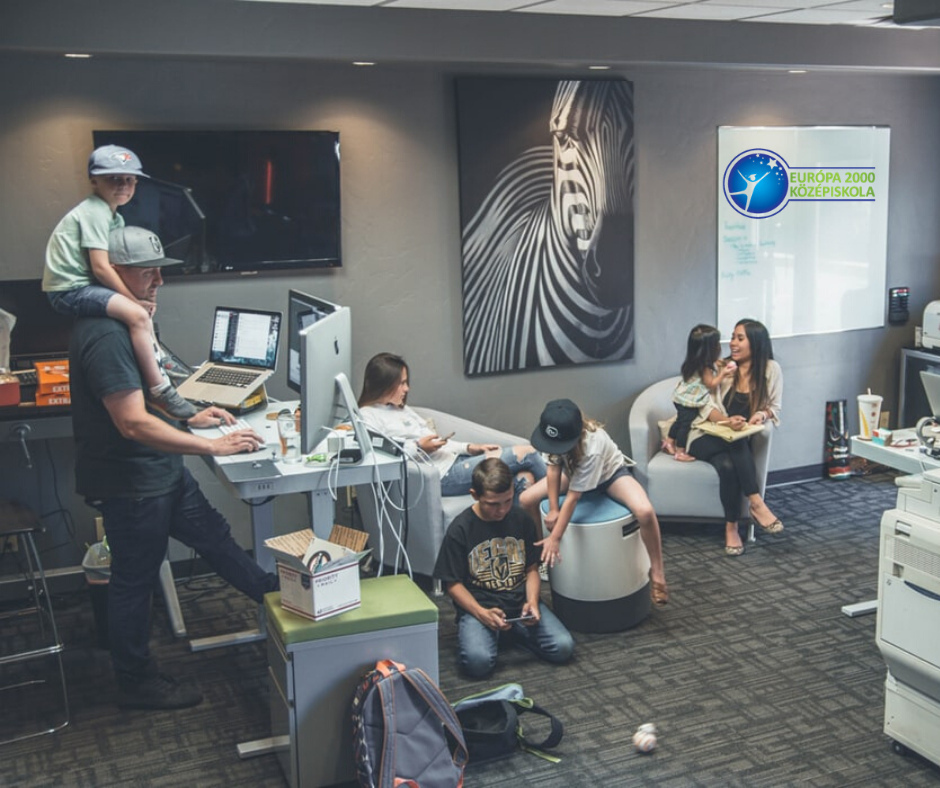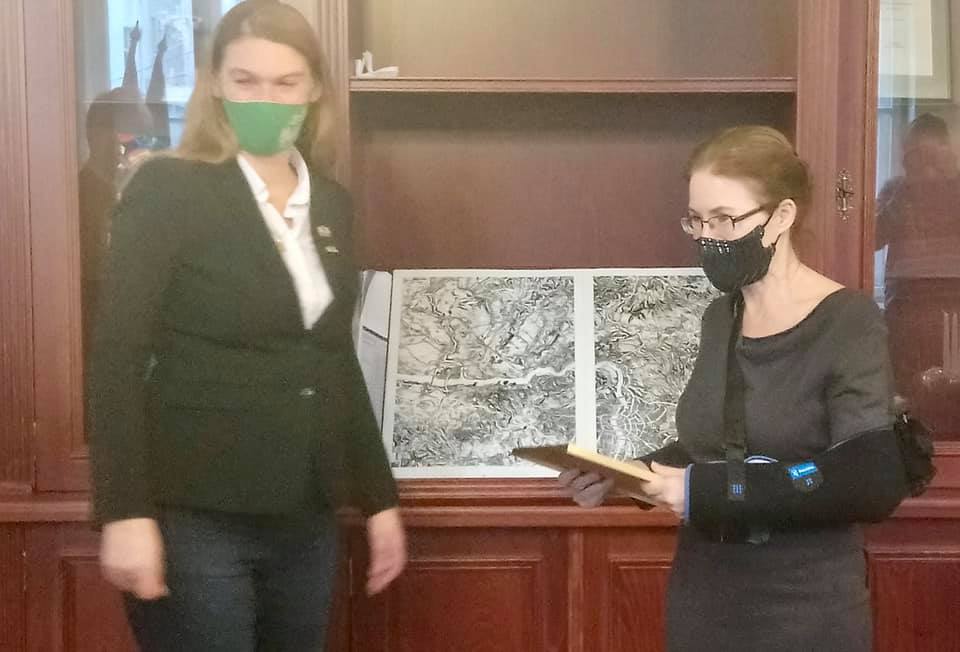Change language:
3 extraordinary private high schools in Budapest, according to Forbes

Hungary might not be the most developed country in the world, or even in Europe, but there have always been some educational institutions that reached that level or did even more. In this article, you can get to know three Hungarian private high schools that are not your average Joe. These high schools are following the ‘Western’ method to provide the best education possible and to prepare students for the world of work. Some are especially for atypical talents while others can provide international school leaving certificates.
For the third year in a row, Forbes has made a compilation of private schools, but this year, they are not introducing primary schools but rather private high schools in Budapest. In these institutions, children are promised to be freer, the teacher-student relationship is more informal, and personal attention is greater, for tuition ranging from HUF 10,000 (€~28) to about HUF 200,000 (€~560) a month, of course. Only schools that had at least one graduating class were considered, so some of the newest institutions could not make the list. This list is not complete; find the full list in Forbes‘ January issue.
There are high schools where education is organised on the basis of an alternative curriculum, discarding the division of subjects; the world does not exist in separate subjects either, but they are connected. However, most private schools still teach according to the national core curriculum, but even these are organising projects, introducing cooperative techniques, organising self-awareness classes and career guidance sessions so that teens can find their place in the world. A new elite international school is also underway in Hungary.
“We consider it important that children have a good time, learn to form their own opinions, be open, and dare to ask questions,” says the principal of the József Budenz Foundation High School.
Alternatív Közgazdasági Gimnázium (AKG) (Alternative High School of Economics)
Tuition: on average, HUF 85,000 to 100,000 (€~240 to 280) a month, depending on classes (one-third of those admitted offer a bid, so some may pay millions and others much less: this is how the annual budget of HUF 2,000,000,000 (two billion) (€~5.6 million) comes together, which is then supplemented by state funding of HUF 360 million (€~1 million)).

AKG is essentially the only alternative elite high school: its performance is on a par with that of traditional elite high schools.
It has been operating as a network of smaller independent schools since 1996. All 25 smaller schools are connected in a non-hierarchical system, and teachers, gyms, libraries, and digital systems are equally available to each school. Each child has their own ‘patron’, and they use individual programs.
In the first years of high school, there are no classical subjects, such as Physics or Chemistry, these are studied by students with an optional intensity in the last two years, and only the subjects they need. They have been utilising online learning at AKG for six years now, and it can be said that it is Microsoft’s model for digital learning as all of their curricula is available digitally, so during the pandemic, it was very easy for them to switch to online education.
The rate of pursuing further education is approaching 100% (a few children pursue an art career).
Európa 2000 Gimnázium (Europe 2000 High School)
Tuition: HUF 1.08 million (€~3,000) a year, but participating in the bilingual program costs more: HUF 1.98 million (€~5,500).

Originally, it was a vocational school when it was founded by the parents of the current principal, András Papp, in 1992. It later switched to being a vocational high school (offering both a profession and a school leaving certificate) with a degree in Economics, Trade and Tourism, and Hospitality, and organised accredited higher education classes. The big shift took place five years ago when private schools could no longer provide vocational training.
For a few years now, they have had a six- and an eight-year course apart from originally only offering four-year courses and, as a speciality, from year 9 (freshman in a four-year course), they study international entrepreneurship as well as film and media studies four hours a week each as part of their education. “We do not train professionals, we simply introduce students these areas so they can better decide what interests them,” says András Papp, the principal.
By the end of 12th grade, they will learn to make a business plan so that if they have a business idea, they can get their parents’ attention or, if they are really adept, can even find outside investors.
Their curriculum is alternative in nature, but they can still implement it within the framework dictated by the core curriculum. They offer English-Hungarian bilingual education in their four- and eight-year programs, and 5th graders can join without any language skills. Most of the classes have two teachers: one is a native English speaker and the other is Hungarian. They do not translate each other but teach in symbiosis.
“I always say that I want to run a school that I would like for my child as well,” says András Papp, whose son really does study there.
They began introducing digital education three years ago and could implement 90% of their classes online easily. “We actively used digital devices in normal education to prepare our students for the work environment of the 21st century”.
Zöld Kakas Líceum (Green Rooster Lyceum)
Tuition: Technically none, but the student employment agency working with the Lyceum requests a fee of HUF 300,000 (€~840) a year from the school’s students for its services.

“I was a very kind Hungarian language teacher in high school, with my only difficulty being that I always loved working with children that everyone else wanted to kick out,” recalls Mária Kerényi, the principal, recalling the founding of the school more than twenty years ago. She says that students enrolled by the school have lately been seen as atypical talents. They develop in a very unique way, and personalised help is considered important.
Learning paths are personalised, there are no failures, each student moves at their own pace and meets the study requirements as is best for them. “Someone may be on the 11th-grade level of some subjects but, for example, in Mathematics, only at the 9th-grade level, but they will meet the requirements of high school or vocational high school graduation. There is time for that, as the school welcomes all students from the 1st grade of primary school to the 14th grade of vocational training”.
The school has previously developed its own alternative framework curriculum, but now they are operating on the basis of a license for individual solutions, i.e., they use atypical methods for the development of atypical talents.
Source: Forbes.hu







